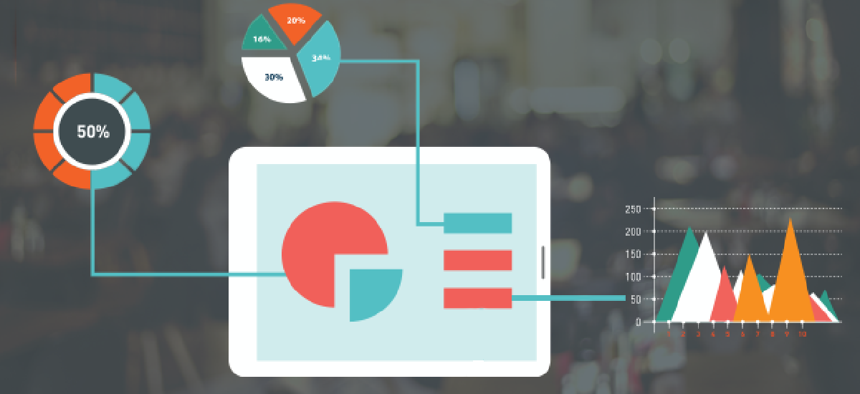Connecting state and local government leaders
Researchers in Chicago have identified a host of risk factors that could lead to heath code violations and other analytics to help an overwhelmed food sanitation division inspect restaurants faster.
Chicago is using predictive analytics to better ensure food safety for city residents and visitors.
The new system, built by the Chicago Department of Public Health (CDPH) and Department of Innovation and Technology, leverages public data to identify Chicago restaurants most likely to face health code challenges, so health inspectors to prioritize inspections for those restaurants. “The use of open data will result in a more streamlined approach to overseeing food safety, targeting our resources at higher-risk establishments without compromising safety oversight at any food business across the city,” Mayor Rahm Emanuel said.
Research for the new system was conducted in collaboration with Civic Consulting Alliance and researchers from Allstate Insurance’s Quantitative Research & Analytics Department to identify various factors that can result in a restaurant facing health code violations.
Using 311 requests, sanitation complaints at restaurants and information on previous inspections and permits, the researchers identified a group of factors that could lead to health code violations. These factors were then brought together to create a predictive analytics model that was used to identify which restaurants should be inspected first in order to stop critical violations that could lead to illnesses.
The model evaluation calculates risk scores for more than 10,000 Chicago food establishments using publically available data, most of which is updated nightly on Chicago’s data portal.
CDPH performed a simulation that allowed it to identify establishments with more violations using the predictive model than using risk categories alone. As a result of these findings, CDPH is now using the predictive model to prioritize inspections among the highest risk establishments.
“Researchers, cities and the public are able to freely access and download all the information needed to replicate the research,” said Brenna Berman, CIO of the Department of Innovation and Technology. “Releasing the data and research on GitHub allows for collaboration with other scientists and institutions to improve the city's forecasts and allows the technique to be adopted by other cities conducting food inspections.”
Funding for the project came from a $1 million award in 2013 from the Bloomberg Philanthropies’ Mayors Challenge to develop a data-based approach to decision making.
This isn’t the first time Chicago has used analytics to protect residents from food-borne illness. In 2013, the city developed a predictive analytics model to fight its growing rat population. The Department of Innovation and Technology used 311 city requests ranging from stray animal calls to vacant and abandoned buildings as well as missing or overflowing garbage cans and restaurant code violations. Through the requests and the model built to analyze them, the city could visualize on a map where and when rat populations spiked.
The same year, researchers in Chicago created another program called Foodborne Chicago, which examined Twitter for food poisoning complaints from residents, employees and tourists in the city. The program led to 150 additional inspections by the FSD that year.
NEXT STORY: DISA cracks down on email storage



